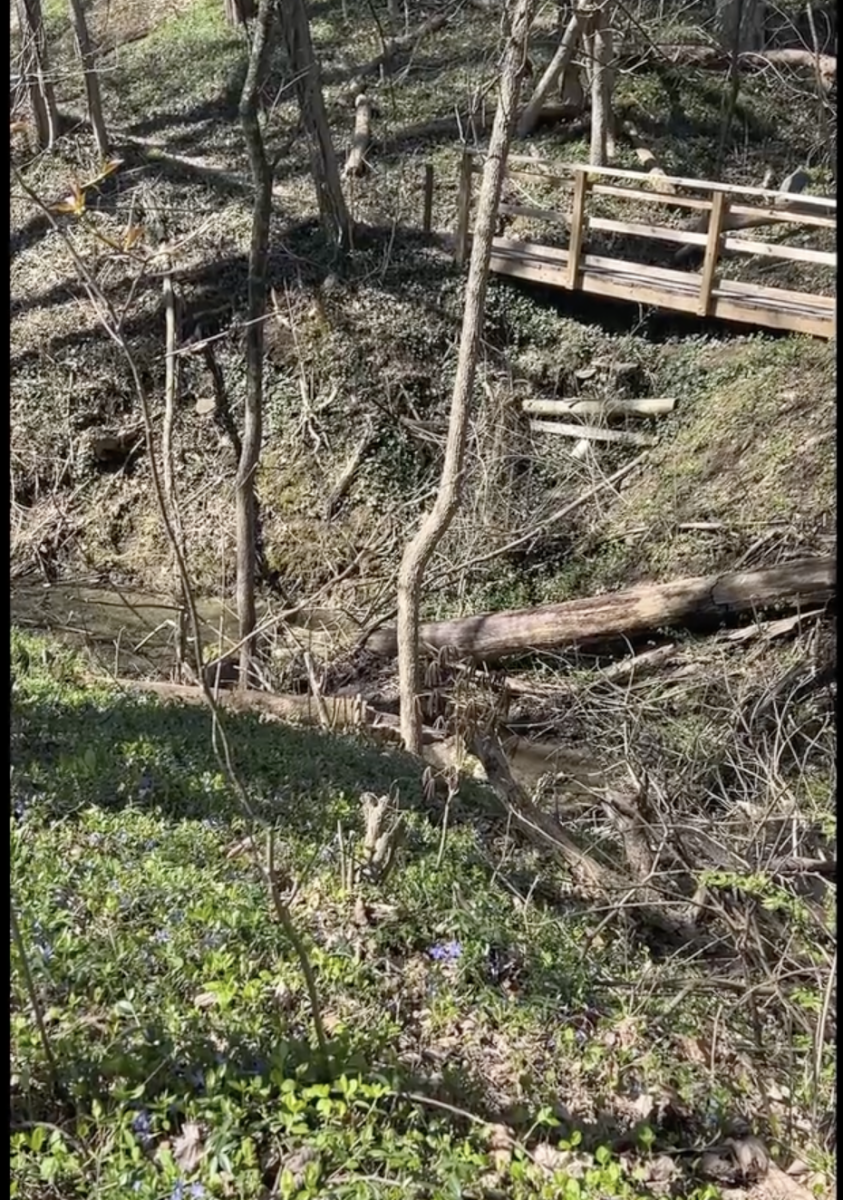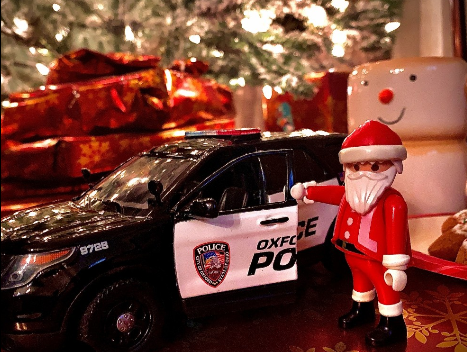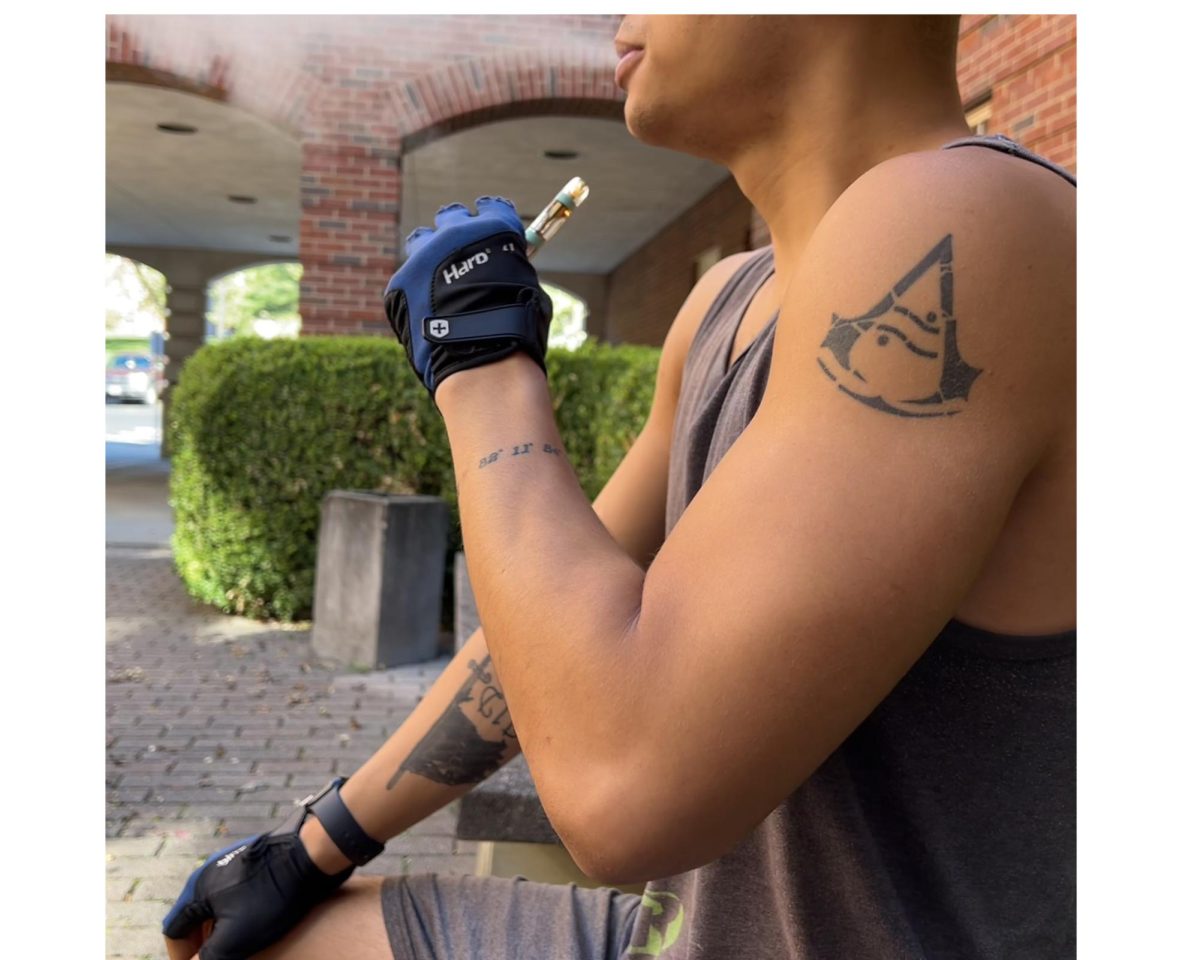Participants in Miami University’s recent Social Innovation Weekend sought business-focused, entrepreneurial solutions to deal with the issues of substance abuse and recovery.
More than 70 Miami students participated in the conference March 8-10, at the Farmer School of Business, with community organizations such Butler Behavioral Health, the Addiction Services Council, Butler County Mental Health & Addiction Recovery Services Board and Miami University.
Participants divided into teams, with each team partnered with one of the community organizations. Each group spent hours brainstorming, debating, rejecting and revising ideas before finally coming up with a presentation for the conference.
With minutes until the final presentation, Colleen Evans and her team scurried to make the final edits to presentation slides. Evans and her team were partnered with the university to offer ideas on how the school could curb its overindulgent drinking culture. In the early morning hours of Sunday, March 8, whiteboards in the group’s classroom at the Farmer School of Business were covered in frantic scribbles, post-its, drawings, and graphs. Team members had worked all weekend diligently to arrive at their solution to the challenge and were now practicing for the last time in front of their mentor—Dean of Students Mike Curme.
“The whole process took a lot of ideating, brainstorming and changing things after talking it out,” Evans said.
Chris Sutter, a professor of entrepreneurship in the business school, created Social Innovation Weekend and served as the conference director. When developing the event, Sutter sought to tackle a problem facing the community and to give local organizations some useful outcomes. Substance abuse has been identified by the Coalition for a Healthy Community, as one of three critical strategic issues that this community should focus on.
Sutter aimed for students to utilize entrepreneurial strategies to solve this social problem. These include things such as tackling uncertainty, taking action and using small steps to find the best path.
“One of the goals of the conference was to introduce students to innovation and applying it to a significant problem in our community,” Sutter said. “Working across inter-disciplinary lines with over 30 majors checked a lot of boxes for us.”
Evans’ group took advantage of entrepreneurial thinking and started the process by using a tool called “White Hat.” The approach calls for asking three questions: What do we know? What do we need to know? And, how can we find that information? The team then selected the most important information revealed from the exercise and used that in interviews with key stakeholders to understand the problem in more depth so that they could then propose a solution.
The solution the team came up with is an app called Bar Mate. Users would have the capability to set their blood alcohol concentration metrics and credit card information within the app. When you buy a drink, your credit card notifies the app. Based on this information, Bar Mate can tell you how drunk you are. Users also would also be able to set the maximum drinks they intend to consume for the night and your friends can see this number. The app utilizes location services so friends can see where you are on campus.
Ideas generated by other teams included focusing on the mental health of first responders by communicating care and reducing burnout. Another was the idea of a sober bar where no intoxicating substances would be present, but those recovering from substance abuse could still have an outlet to socialize. The idea deemed by a panel of event judges to be the “winner” of the weekend was “Extend-a-Ride,” a service designed to help addicts in recovery get to necessary appointments by utilizing ride-sharing technologies.

Randy Allman of Butler Behavioral Health, an organization that provides outpatient services, provided mentorship and coaching to some teams. He was excited about the high level of ideas produced by the wide range of students, who offered a new lens to those working in the treatment field. He hoped that students received a well-rounded view of this issue.
“This is an issue where there is a lot of debate between whether or not (substance abuse) is a choice or medical disease,” Allman said. “Many times, when people see it as a choice, there isn’t compassion about the problem.”
Sutter also mentioned that six students would be selected to keep working towards an idea. They will receive a start-up fellowship with a group called 17A and private funding from the Klunk Family Foundation, out of Cincinnati. Those who will be moving forward with an idea can either choose one generated at the conference or develop something new. Sutter says that students offered valuable perspectives to this multifaceted problem.
“A single magic bullet doesn’t exist for this issue,” Sutter said. “It’s going to take a whole bunch of actors to plug different pieces to the puzzle in.”
He said that organizations came out of the weekend saying some ideas were beneficial. Sutter plans to follow up with these groups in-depth to see if any ideas can be implemented and gather feedback for the event next year, which will occur around this time in 2020 and focus on food insecurity.






